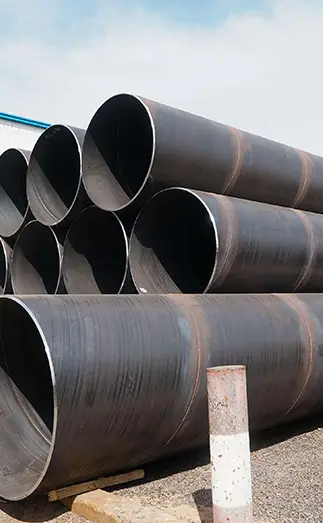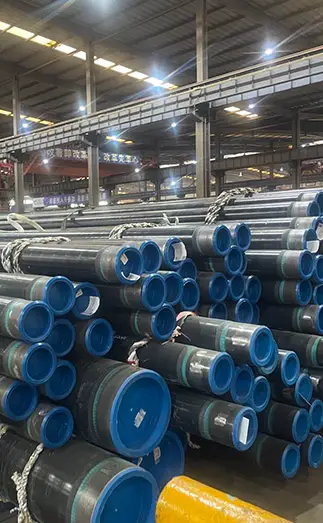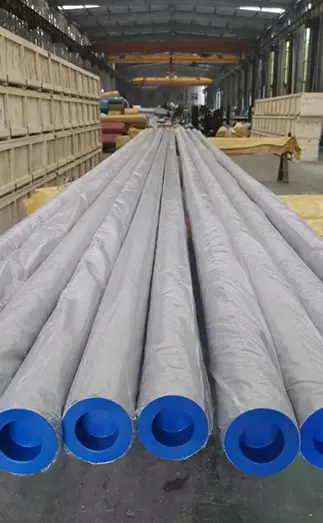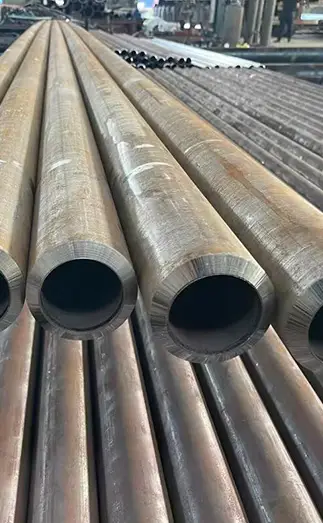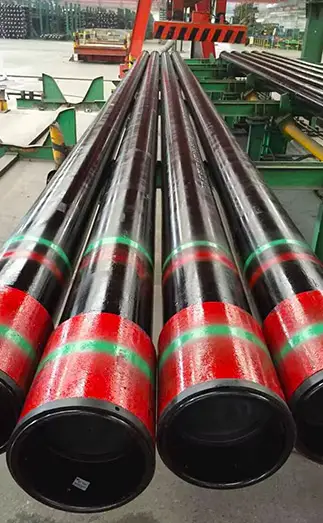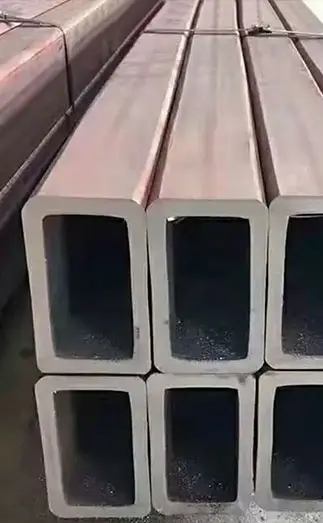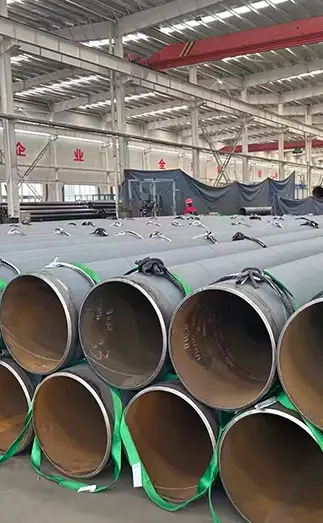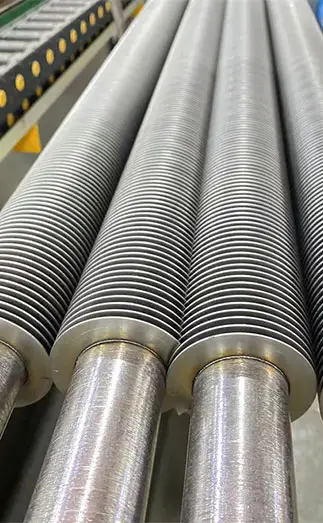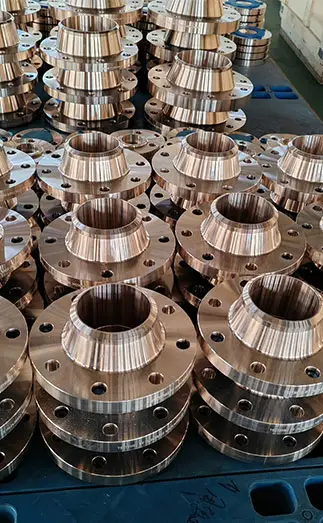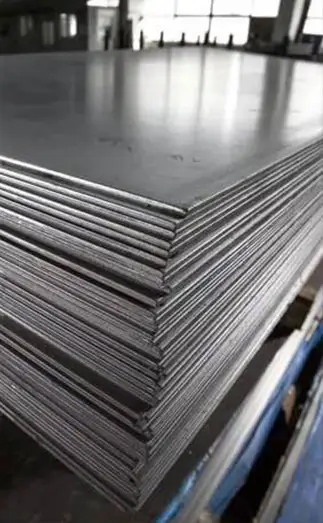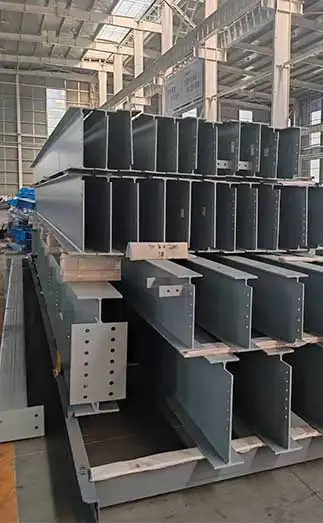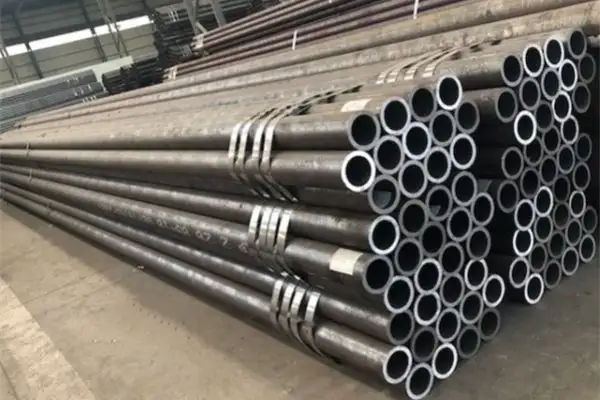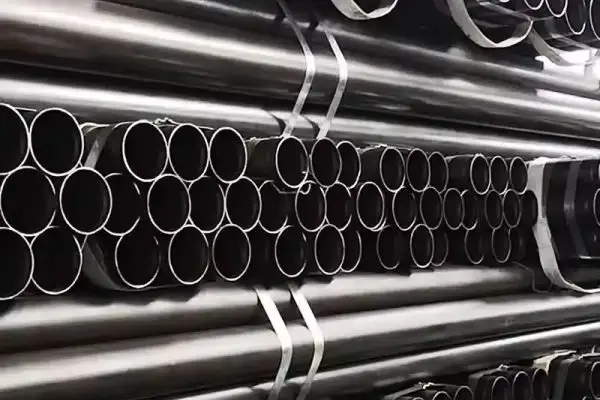HSS (Hollow Structural Section) is a general term for all hollow steel tubes used in load-bearing structures. It covers multiple shapes, most commonly square, rectangular, and circular. In North America, HSS is categorized into three main types: HSS Square Tube, HSS Rectangular Tube, and HSS Round Tube.
Classification by Cross-Section
1. SHS – Square Hollow Section
Definition: SHS refers to HSS with a square cross-section.
Features:
The four-sided design offers high cross-sectional stability and resistance to deformation under pressure or torque.
Compared with round tubes, SHS provides better bending and torsional rigidity under vertical loads.
Its lighter weight compared to solid steel makes it ideal for lightweight structural applications.
Applications:
Used in building structures (columns, awning supports, stair railings), shelving (rack uprights, crossbeams), and furniture or decoration (frames, display racks, guardrails).
Example: 100 × 100 × 6 mm SHS — indicates a square tube with 100 mm sides and 6 mm wall thickness.
2. RHS – Rectangular Hollow Section
Definition: RHS refers to HSS with a rectangular cross-section.
Features:
Higher section modulus along the longer sides provides superior bending resistance.
Commonly used in beams, frames, and trusses for efficient material utilization.
The flat surfaces allow easy installation against walls and efficient connection by welding or bolting.
Applications:
Applied in main load-bearing beams, purlins, curtain wall keels, machinery frames, conveyor supports, heavy equipment foundations, and vehicle or ship chassis.
Example: 150 × 100 × 8 mm RHS — represents a rectangular tube with long side 150 mm, short side 100 mm, and wall thickness 8 mm.
3. CHS – Circular Hollow Section
Definition: CHS refers to HSS with a circular cross-section, commonly known as round tubes.
Features:
Exhibits the highest torsional resistance among all shapes.
Offers smooth fluid transport with minimal resistance and no dead zones.
Isotropic behavior ensures uniform load-bearing performance in all directions.
Applications:
Used in fluid transport (water, oil, gas, chemical pipelines), mechanical shafts, pressure-bearing components (hydraulic/pneumatic cylinders, boiler tubes), and structural supports (towers, space trusses).
Example: Ø88.9 × 5 mm CHS — indicates a round tube with 88.9 mm outer diameter and 5 mm wall thickness.
HSS Manufacturing Standards
1. American Standards (ASTM)
Common U.S. standards for HSS include:
ASTM A500 – Cold-formed welded and seamless carbon steel tubes (most widely used).
ASTM A1085 – High-strength low-alloy version with improved toughness and dimensional control.
ASTM A847 – Weathering steel with superior atmospheric corrosion resistance.
Highlights:
ASTM A500 — Grades A–D; Grade B is most common, balancing strength and formability.
ASTM A1085 — Enhanced strength and tighter tolerances for high-performance designs.
ASTM A847 — Forms a protective rust layer; ideal for exposed structures without paint.
2. European Standards (EN)
Widely used in Europe and regions such as Australia and the Middle East:
EN 10219 – Cold-formed welded sections (non-alloy and fine-grain steels).
EN 10210 – Hot-finished sections (non-alloy and fine-grain steels).
Features:
EN 10219 corresponds to ASTM A500. EN 10210 hot-finished sections offer uniform material quality, thicker walls, and improved mechanical properties, similar to seamless pipes.
3. Chinese Standards (GB)
China primarily follows:
GB/T 6728 – Cold-formed welded structural hollow sections (carbon and low-alloy steel).
GB/T 8162 – Seamless steel tubes for structural use.
Details:
GB/T 6728 — Covers square, rectangular, and round tubes; common grades include Q235 (ASTM A36 equivalent) and Q355 (ASTM A572 Gr.50/EN S355 equivalent).
GB/T 8162 — Used for high-performance or seamless round tubes and as blanks for cold-drawing square or rectangular sections.
How to Select the Appropriate Standard
By Project Location
North America: ASTM A500 Grade B (default).
Europe & Commonwealth countries: EN 10219 (cold-formed) or EN 10210 (hot-finished).
China: GB/T 6728.
By Application
General structures: ASTM A500, EN 10219, or GB/T 6728.
High-performance/long-span: ASTM A1085 or EN 10210.
Exposed, unpainted structures: ASTM A847.
Low-temperature service: use higher-toughness grades.
By Production Process
Cost-effective, thin-walled: cold-formed welded (A500, EN 10219, GB/T 6728).
High-strength, thick-walled: hot-finished or seamless (EN 10210, GB/T 8162).



 English
English Español
Español Français
Français بالعربية
بالعربية